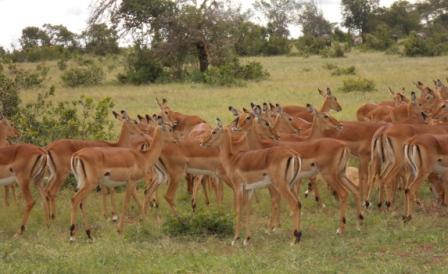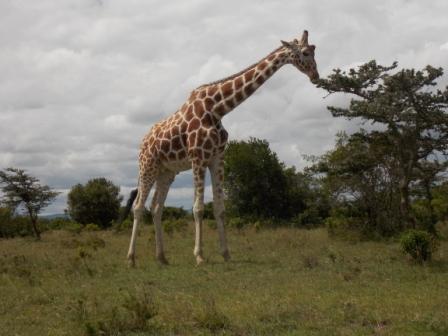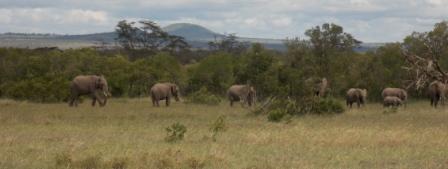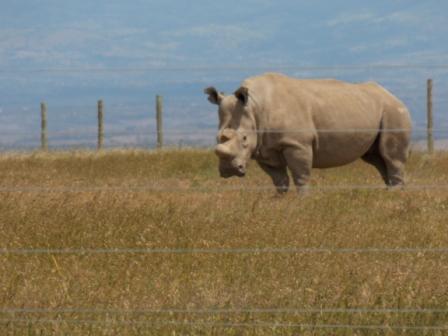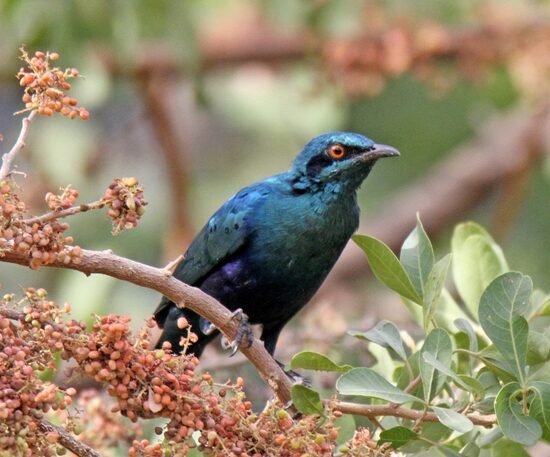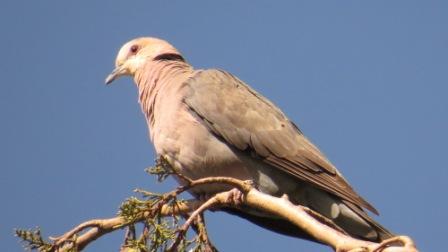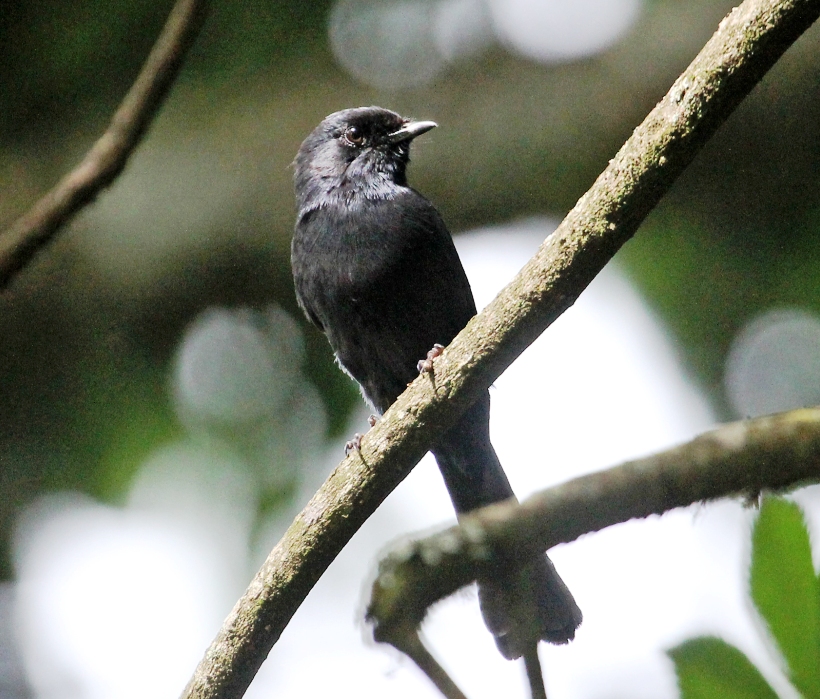A full-day birding in Ol Pejeta Conservancy offers a wealth of possibilities, the park hosts exciting bird species and special animals. Ol Pejeta exhibits such a versatile geography, endowed with endless rolling plains, rivers, marshes, and wetlands which are responsible for the great variety and abundance of birds and mammals

